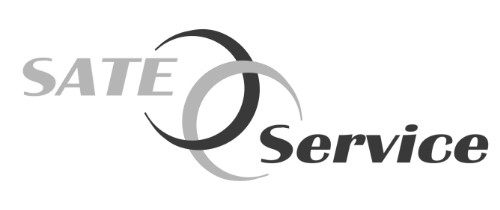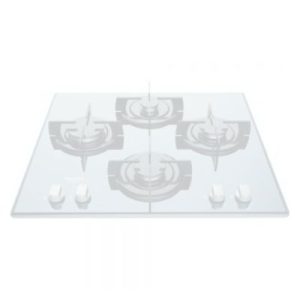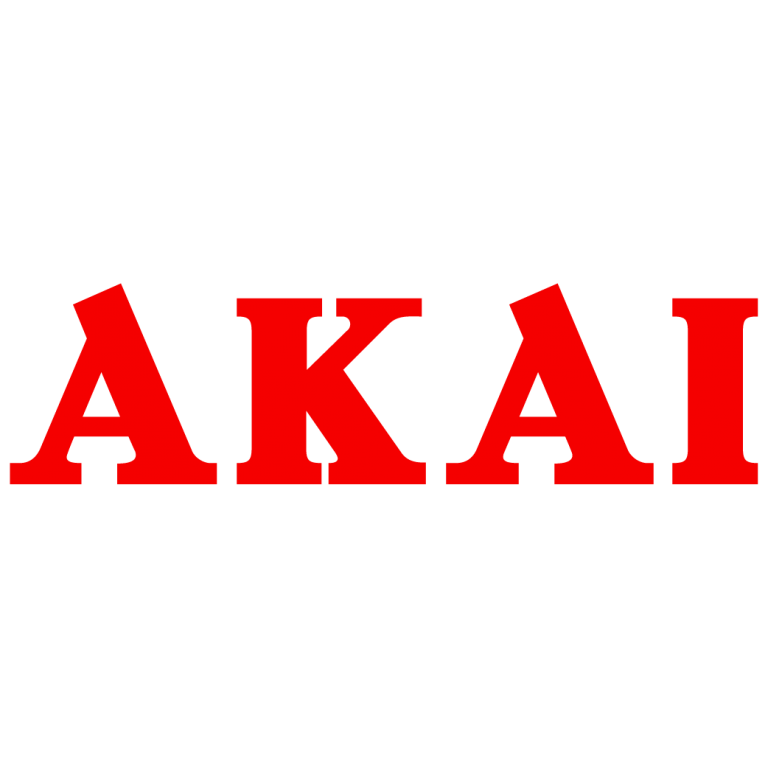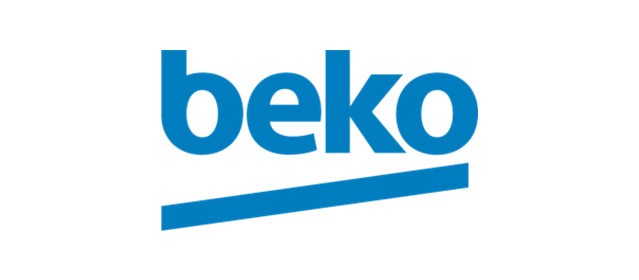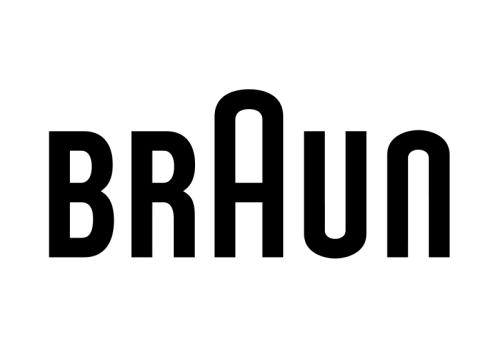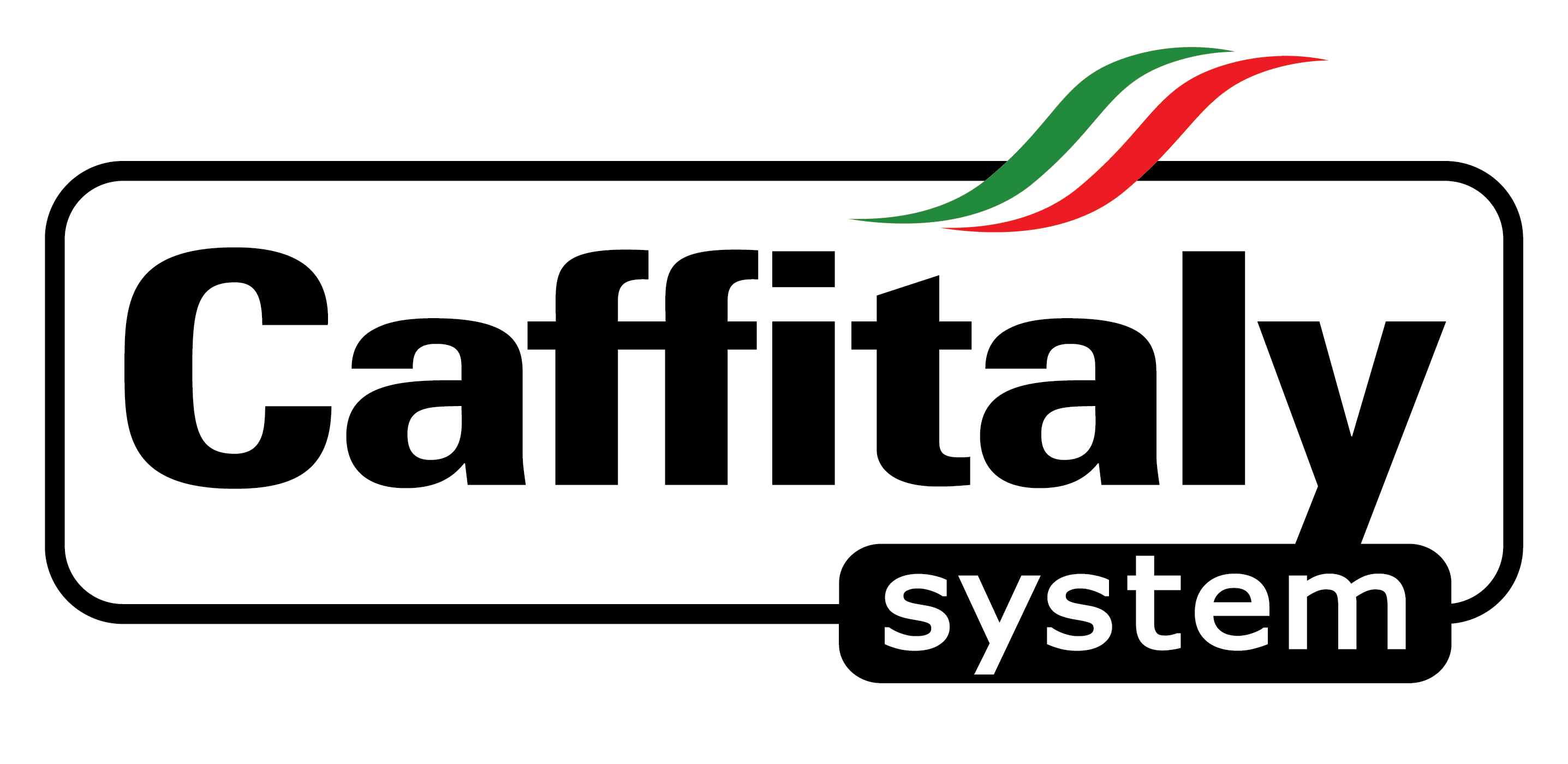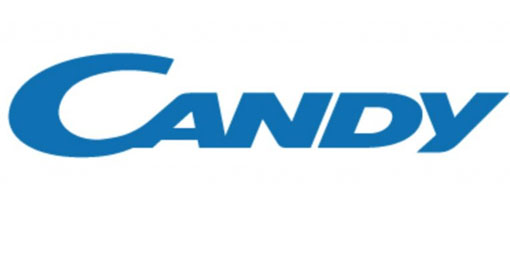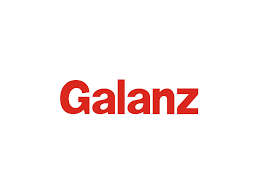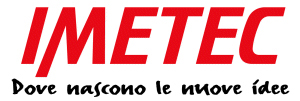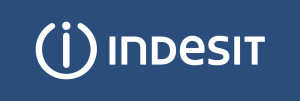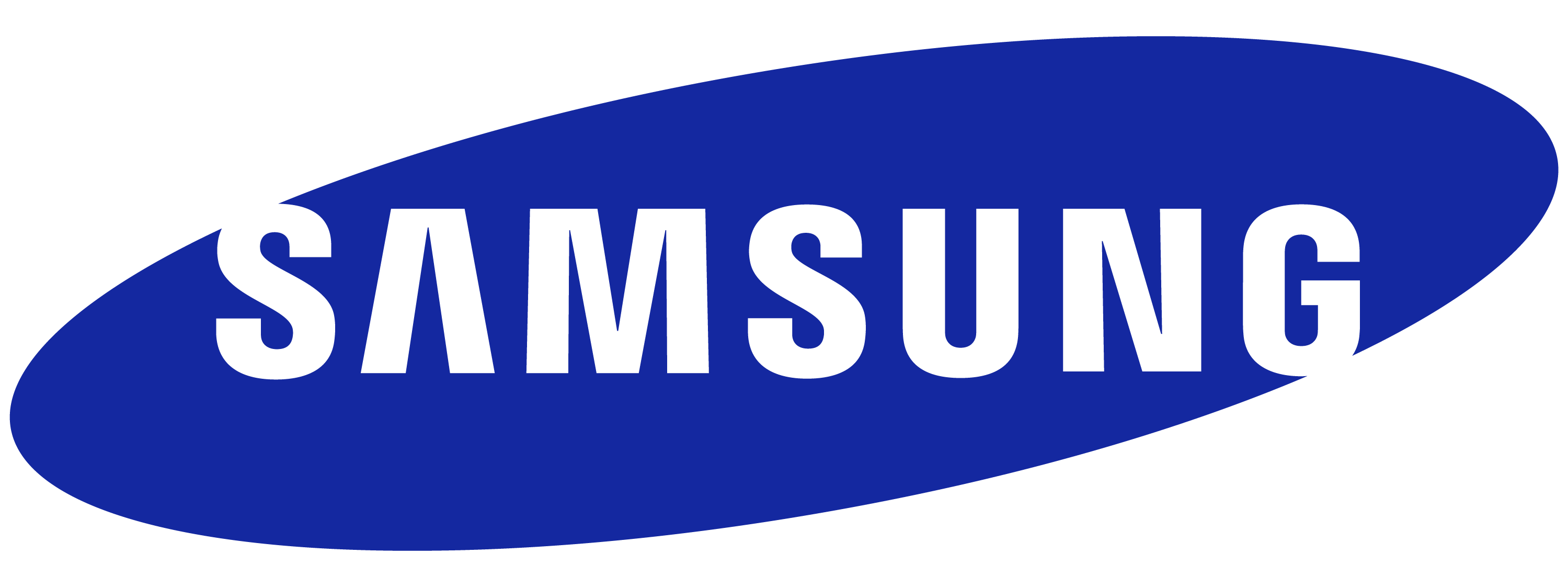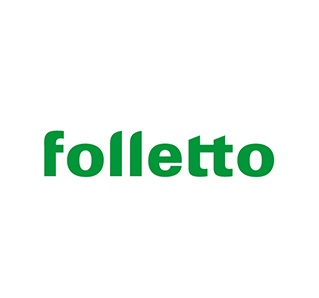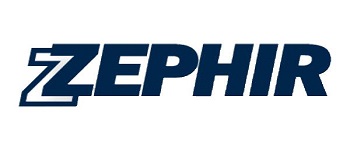When taking aside a property equity financing, you are going to normally getting charged a keen
-There are two ways to reduce your property taxes. You can either pay back your own financial less or reduce the amount of property taxes you owe.
-When you have home financing and rehearse the money you use to pay it well, then the Irs phone calls that it a beneficial "deduction." You could potentially deduct the amount of appeal repaid towards the mortgage from your nonexempt money.
-It is possible to deduct amounts covered possessions fees, a residential property decline, home insurance, or any other related will set you back on your own household.
So regardless of if we're these are 100 % free money right here (because the theoretically it's come paid down), bear in mind that banking companies including delivering paid every month - so make certain things are squared out just before handing over any bucks!

-You might be able to get a home guarantee mortgage also if you don't have a good credit rating.
-There are many affairs one to determine whether or perhaps not you might possibly be accepted to have a property collateral mortgage, as well as your personal debt-to-income proportion, your credit report, in addition to full monetary stability of one's family.
-While you are acknowledged to possess a property equity loan, try to submit an application and you may invest in certain conditions and terms.
Such as for instance, for those who acquire $100,000 out of a financial and employ it to minimize your own a great dominating how to get an usda home loan equilibrium on the mortgage by the $10,000, then your annualized repayment could be $930 inside the monthly
-Some benefits of obtaining a home equity loan include the ability to increase your borrowing capacity, supply currency quickly when needed, and reduce the amount of interest that you owe on your debt.
-It is possible to make use of the currency you borrow on their house's security to purchase expenditures, for example holds otherwise shared funds.
-When you use your home's equity to pay for this type of purchases, you could secure increased return on investment than just if you used the cash in your account on a lender.
-At the same time, using your house's guarantee to invest in orders might help include your family from prospective downturns in the business.
-If you decide to sell your home in the future, using borrowed money against its equity will help reduce the sum of money you owe on the sale and could provide you with a significant financial gain."
-The reason it may be necessary to give up equity is because a home equity loan requires a down interest than other types of loans.
-To have the very best rate of interest, you need to ensure that your credit score is good and you have sufficient earnings on your savings account.
-A property collateral loan could also be used to invest in a unique assets, pay off financial obligation, or improve your newest domestic. "
When it comes to homeownership, there are pros and cons for each option. For example, renting provides the security of knowing that you will always have a place to phone call domestic should something happen to your current dwelling, but it can be expensive and inconvenient if you need to move quickly. On the other hand, buying a house requires significant upfront investment (often in the form of down payment), but over time often produces larger returns on investment (ROI) than renting does. In order to ensure that you're making the best decision for your individual circumstances, it's important to understand all of your options before making a ple.
-You may be in a position to reduce or remove your notice costs because of the merging the debt into the one financing that have a diminished focus speed.
-You can be interested in refinancing your house equity loan in case the rates was paid off or if you can find the fresh new lending products readily available which will save some costs."
yearly interest rate which is based on the amount of money borrowed and the age of the loan. dominant and interest repayments ($100 x 12 months = 1,200). However, this does not mean that you have to pay this amount - in fact, as long as you make all of your required monthly payments (including any applicable fees) on time each month, then the bank generally allows for "extra" payments that can go towards reducing outstanding principal balances even further (up to a certain point). Regardless of how much extra "free" money you might have left over at the end of each month after making all required monthly repayments - whether it's $10 or $1000 - this "unused" cash will still be considered part of your total outstanding debt balance and will continue to accrue additional compound annualinterest (CAI) charges which equates to another installment or two added onto the overall cost of borrowing for that particular year.
